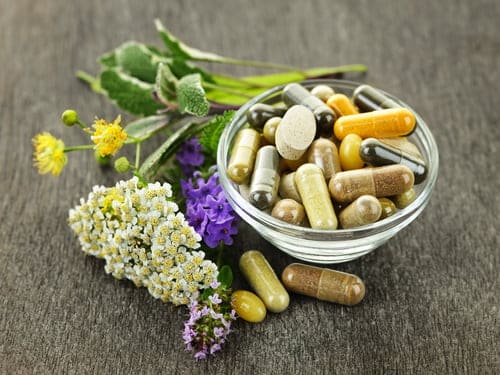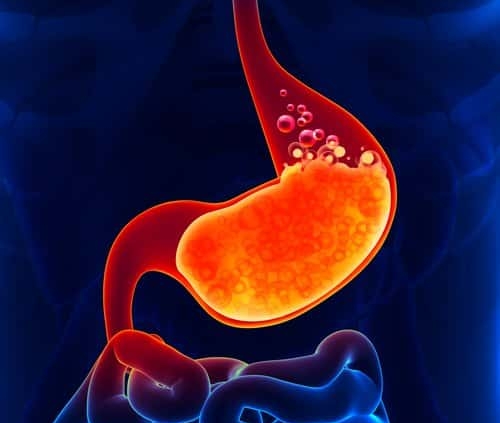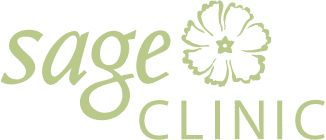The Top Five Medications You Shouldn’t Take Without Trying a Natural Alternative First
Reuben Dinsmore BScH, ND
Natural supplements, or nutraceuticals, have been given a bad rap lately—which, in some cases, has been absolutely warranted. But natural formulas that actually contain what they claim on the label, and that are formulated to have maximal efficacy, can be equal to their pharmaceutical counterparts. Better yet, they can be just as effective without the laundry list of side effects.
Statins
Statins (the class of drugs prescribed to lower cholesterol) accounted for 3.8 per cent of all money spent on prescription drugs in Canada in 2013. High cholesterol is blamed for heart attacks and strokes via formation of arterial plaques. But the real culprit is inflammation, without which the plaques wouldn’t form in the first place. Bottom line: You can lower cholesterol all you want, but as long as there is inflammation present, plaques can still form.
Some common side effects of statins include muscle pain, cognitive impairment, sexual dysfunction, and increased risk of cancer and diabetes.
Nutraceuticals are an alternative to statins. These include: Omega-3 fatty acids (best sourced from wild-caught fish oils) and curcumin (the active component in turmeric). Both are excellent supplements to lower inflammation. Garlic extracts have been proven to improve cholesterol levels as well. Another option I discuss with patients is red rice yeast extract, which is the natural compound statins were derived from in the first place, and works in a similar manner. This product may have side effects; I find that it can be beneficial for some patients, but not all, something I deal with on a patient by patient basis.
Antacids
It’s said that five million Canadians suffer from heartburn symptoms weekly. Prescriptions for the acid-blocking drugs PPIs (proton pump inhibitors) accounted for $24 million in BC alone in 2013. Risks of taking these mostly involve nutrient deficiencies from poor absorption DUE TO LOW STOMACH ACID (see the problem here?). Examples include bone fractures from poor calcium absorption or anemia from decreased levels of vitamin B12 or iron. B12 deficiency can also cause dementia and neurological damage. There has also been a correlation shown between PPI use and C. difficile infection, which causes life-threatening diarrhea.
Nutraceuticals: Long story short, most people don’t have too much stomach acid. The problem is the acid they have is getting into the wrong place (the lower esophagus) where it burns. This can be from the muscle between the esophagus and the stomach not closing properly, either from poor tone or insufficient stomach acid, which is the signal for the sphincter to close. Limonene (an extract from citrus peel) helps strengthen this muscle and promotes movement of food downward to the stomach. DGL (an extract from licorice root) stimulates mucus production in the stomach, which acts to coat and protect the sensitive lining of the esophagus.
SSRIs
SSRIs (selective serotonin reuptake inhibitors) are the most common class of anti-depressant drugs. One in twelve Canadians will experience major depression in their lifetime, but it’s still one of the most misunderstood conditions. Standard treatment protocols typically target neurotransmitter activity (most commonly serotonin). However, new research indicates the underlying cause may actually be inflammation. Either way, natural medicine has you covered.
Some nutraceuticals to consider are 5-HTP, which is used to make serotonin, with the help of vitamin B6. The herb St. John’s Wort has been studied extensively and appears to work in the same way as SSRIs. Both 5-HTP and St. John’s wort have shown similar efficacy to SSRIs when given for mild to moderate depression. And as I mentioned earlier, omega-3 fatty acids and curcumin decrease inflammation throughout the body, including the brain.
Side effects of SSRIs include sexual dysfunction, weight gain, and worsened/chronic depression. St. John’s wort also has a side effect which should be considered if taking other medications—it impacts liver function, which can result in either higher or lower blood medication levels.
Anti-hypertensives
Hypertension (i.e., high blood pressure) affects 6 million Canadians, and is responsible for approximately 13 per cent of all deaths. Various classes of anti-hypertensives include diuretics, ACE inhibitors, angiotensin II receptor blockers (ARBs). Diuretics increase urine output, which can negatively affect sodium and potassium levels, which can cause muscle cramps. ACEIs and ARBs may both cause a chronic dry cough. All anti-hypertensives can cause dizziness, headache and low blood pressure.
Again, there are many nutraceutical options for patients to consider, such as CoQ10, magnesium, garlic extracts, omega-3 fatty acids, L-arginine and vitamin C. All of these have all been shown to lower high blood pressure by various means. Dandelion leaf is an effective diuretic that doesn’t lower potassium levels.
Benzodiazepines
Benzodiazepines are a class of drugs most often prescribed for anxiety disorders and insomnia. They work by binding to receptors for GABA, a neurotransmitter in the brain that calms activity of the nervous system. Interestingly, this is the same mechanism by which alcohol acts in the brain. One obvious effect of benzodiazepines is sedation—great when the treatment target is insomnia. Not so great when you just want to decrease your anxiety but still function. Other side effects include dizziness, loss of balance, and even cognitive impairment at higher doses. They also have a significant risk of developing physical or psychological dependence and rebound anxiety when discontinued.
This is an area where you should have a thorough workup with your naturopathic doctor and consider the options that are right for you. You can take GABA as an alternative (but there’s mixed evidence on whether or not it actually gets into the brain), or herbs such as passionflower (which has the same mechanism of action as benzodiazepines). Other herbs include valerian, chamomile, kava, and many others.
So now you think you’re ready to ditch all your pharmaceuticals and go natural? Not so fast—the examples used above are by no means the only supplements that have been used effectively for these conditions. And equally as important are diet, exercise, sleep habits, relaxation techniques and other lifestyle factors. The next step is to sit down with a naturopathic doctor and work together to develop a personalized approach that takes all your health concerns into consideration.
Dr. Reuben Dinsmore practices at Yaletown Naturopathic Clinic. Call 604-235-8068 or email info@yaletownnaturopathic.com









